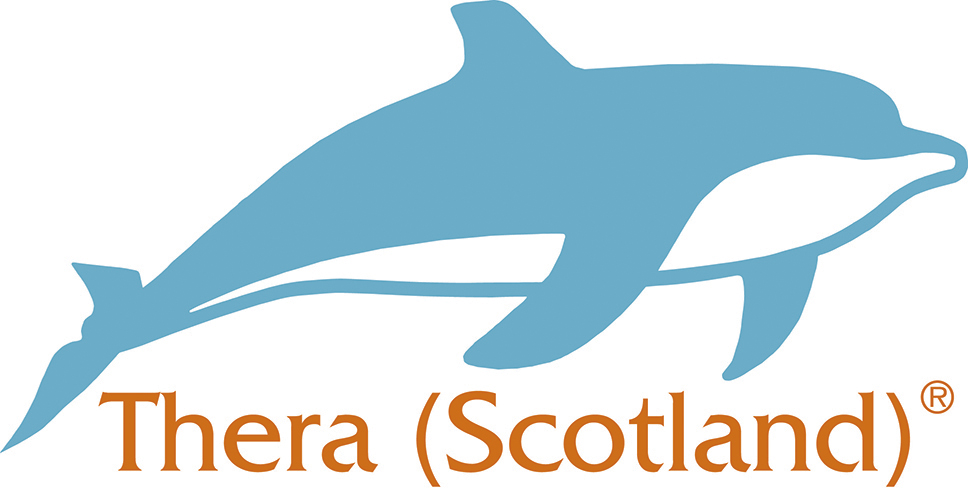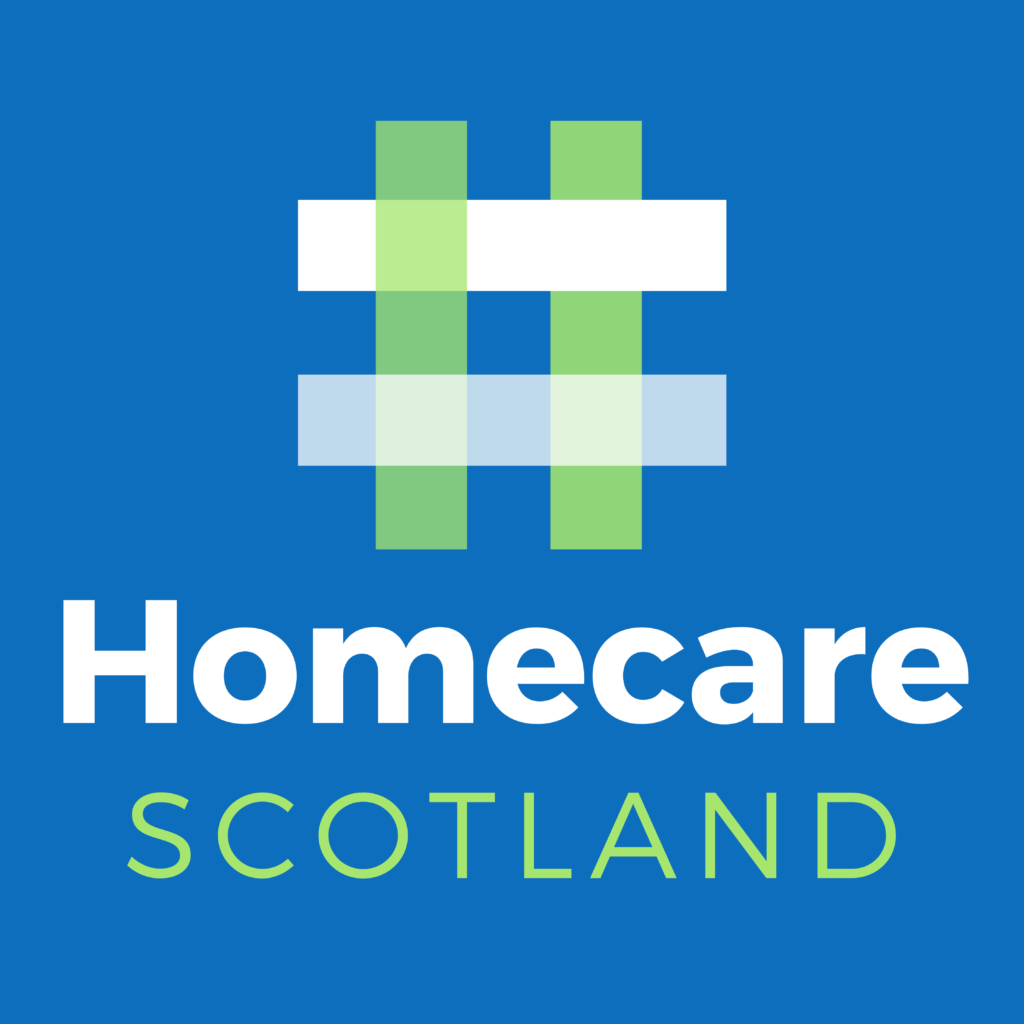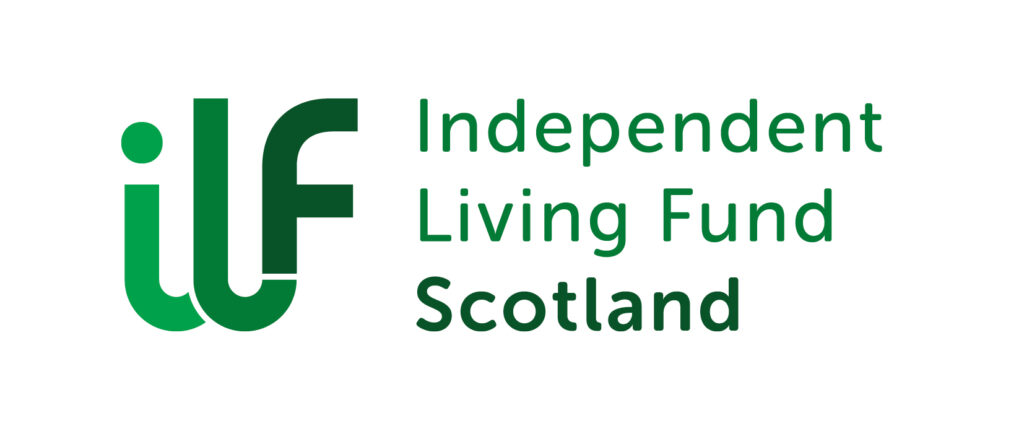Mobility Solutions is accredited by OCN London as Qualified Trusted Assessors.
Experts in wheelchairs, powerchairs, mobility scooters, profiling and orthopaedic beds and specialised chairs. They offer free home demonstrations where their trained specialists will bring a range of mobility products to your home to try out, as they understand that each individual is unique.
As a Top 10 Motability Approved Dealer their goal is to provide customers with the information and support, they need to find the right product for them.




